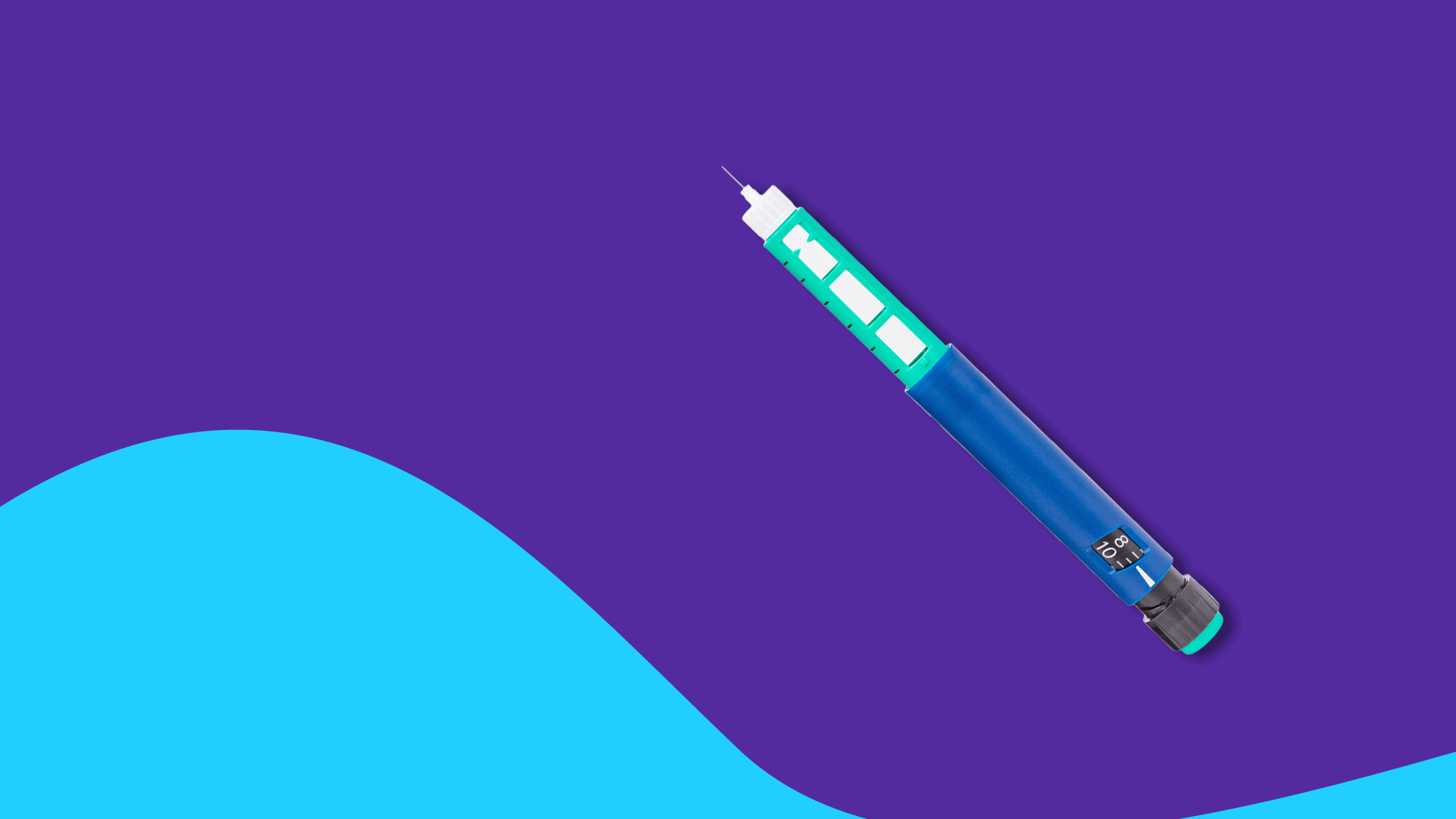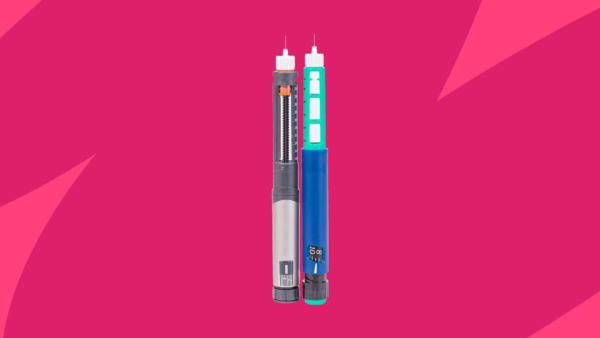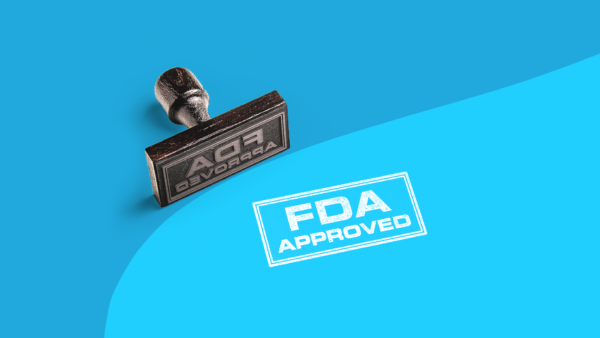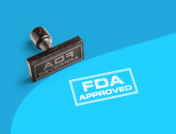Is Humira covered by insurance? | How much does Humira cost without insurance? | How to get Humira without insurance
Humira is a brand-name prescription drug used to control the symptoms of rheumatoid arthritis, psoriatic arthritis, ankylosing spondylitis, juvenile idiopathic arthritis, plaque psoriasis, hidradenitis suppurativa, and inflammatory bowel disease (Crohn’s disease or ulcerative colitis). Adalimumab, the active ingredient in Humira, is a human monoclonal antibody that suppresses the immune system. In this way, it prevents autoimmune flare-ups that cause swelling, pain, damage, and other symptoms associated with these conditions. People will take Humira as a self-administered injection once every two weeks using an injection pen or a pre-filled syringe. Doses are typically either 40 mg or 80 mg every two weeks depending on the condition being treated. Humira is available in prefilled syringes designed for one-time use injections in doses of 10 mg, 20 mg, 40 mg, and 80 mg. Humira is an expensive brand-name drug with no cheaper generic versions. Most uninsured people, then, will need to find ways to reduce that cost.
Related: Humira side effects
Is Humira covered by insurance?
Humira is covered by most commercial health insurance plans as well as some Medicare Advantage and Medicare Part D plans, and some Medicaid insurance plans. However, some insurance companies may require prior authorization or a trial of another drug before approving payment.
How much does Humira cost without insurance?
Without insurance, people prescribed Humira can expect to pay around $7,416 for a month of Humira treatment, though the retail price may vary by pharmacy. Humira therapy could add up to more than $90,000 per year. The out-of-pocket cost will vary based on the insurance plan’s formulary, deductible, or copay cost. People on Medicare Part D pay between $320 to $1,962 per month depending on the coverage phase they’re in. People with Medicare Part D Extra Help prescription coverage could pay only $9.85 per month for an approved Humira prescription.
A healthcare professional could prescribe a less expensive antibody treatment, but they’re all brand-name drugs that cost several thousand dollars a month for treatment. Switching to one of these drugs may save money but still be hard to afford. The only affordable alternative for some patients may be generic nonbiologic DMARDs such as corticosteroids, methotrexate, cyclosporine, Arava (leflunomide), Azulfidine (sulfasalazine), and Azasan (azathioprine).
Over-the-counter medications, dietary supplements, and natural remedies cannot help reduce the severity and incidence of autoimmune conditions. They can, however, provide symptom relief.
Compare Humira prices to related drugs
|
|||
|---|---|---|---|
| Drug name | Price without insurance of brand-name drug | SingleCare price | Savings options |
| Humira (adalimumab) | $7,416 for 2 prefilled syringe kits | $5,928 for 2 prefilled syringe kits of brand-name Humira | See updated prices |
| Cimzia (certolizumab pegol) | $5,100 (list price) for 2, 200 mg/mL prefilled syringes | No coupons at this time. Check back periodically. | More details |
| Remicade (infliximab) | $7,085 for 1 vial of 100 mg solution | $1,897 for 1 vial of 100 mg solution of brand-name Remicade | See updated prices |
| Enbrel (etanercept) | $7,640 for 4, 1 mL of 50 mg/mL solution prefilled syringes | $5,466 for 4, 1 mL of 50 mg/mL solution prefilled syringes of brand-name Enbrel | See updated prices |
Prescription drug prices often change. These are the most accurate medication prices at the time of publishing. The listed price without insurance references the price of brand-name drugs. The listed SingleCare price references the price of generic drugs if available. Click the link under “Savings options” to see updated drug prices.
How to get Humira without insurance
Most people have little room in their budget to pay over $90,000 a year for Humira. For many, insurance coverage will help, but even then the out-of-pocket cost could be prohibitively high depending on the deductible and, for Medicare, the coverage phase. However, uninsured people can get Humira at an affordable price. Some of them rely on the manufacturer’s patient assistance program or the occasional rebate or manufacturer’s coupon. Unfortunately, most uninsured patients will not meet the eligibility requirements of the patient assistance program, and rebates and coupons are undependable over the long term. Still, there are ways to reduce the cost of Humira.
1. Use a SingleCare prescription discount card
A price reduction of $1,500 off the average cash price of Humira can be used on every month’s prescription by bringing a free Humira coupon from SingleCare to a participating pharmacy. A SingleCare discount card can be printed, emailed, or texted in seconds for immediate use at participating pharmacies.
2. Look for the lowest price
By hunting down the lowest pharmacy price for Humira, people with a prescription could save as much as $6,000 off the highest pharmacy price, a savings of almost 50%. Kick in a SingleCare savings card for an additional $1,500 in savings.
3. Time to look at health insurance
A Humira prescription can easily cost over $90,000 annually. Health insurance can drastically reduce the cost of Humira. Visit your state’s health insurance marketplace to research plan policies and prices. Make sure to consult an agent. You will want a policy that covers Humira with the fewest headaches and out-of-pocket costs.
4. Then look at Medicaid plans
If commercial health insurance doesn’t pan out, take a look at Medicaid. Some state Medicaid plans cover Humira. According to AbbVie Inc., the manufacturer of Humira, people with Medicaid coverage for Humira will pay less than $20 each month, though the exact amount will depend on the plan. To find eligibility criteria, enrollment forms, and additional information, visit your state’s Medicaid website.
5. Consider switching to traditional DMARDs
When all options have been tried, get medical advice from a healthcare professional about switching to a generic nonbiologic DMARD that is FDA approved for the condition you have. To get affordable treatment, you may need to return to a drug that you’ve already used or switch to a drug that hasn’t been tried.











